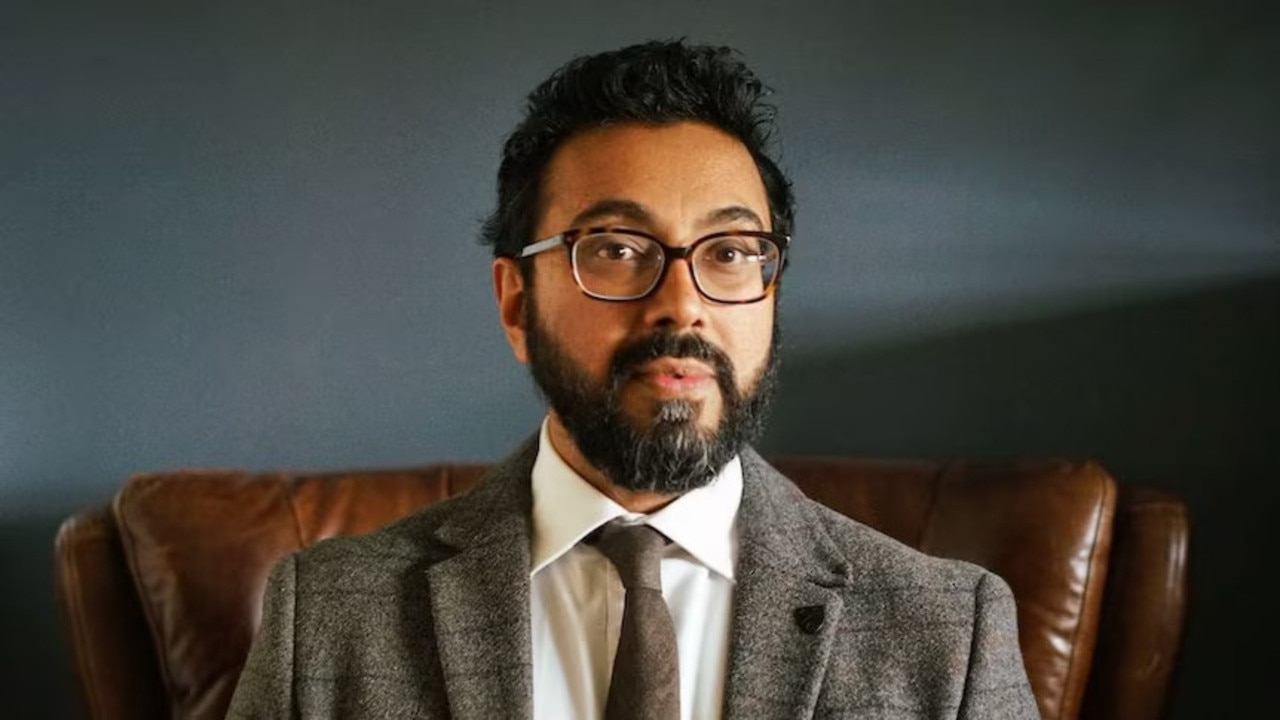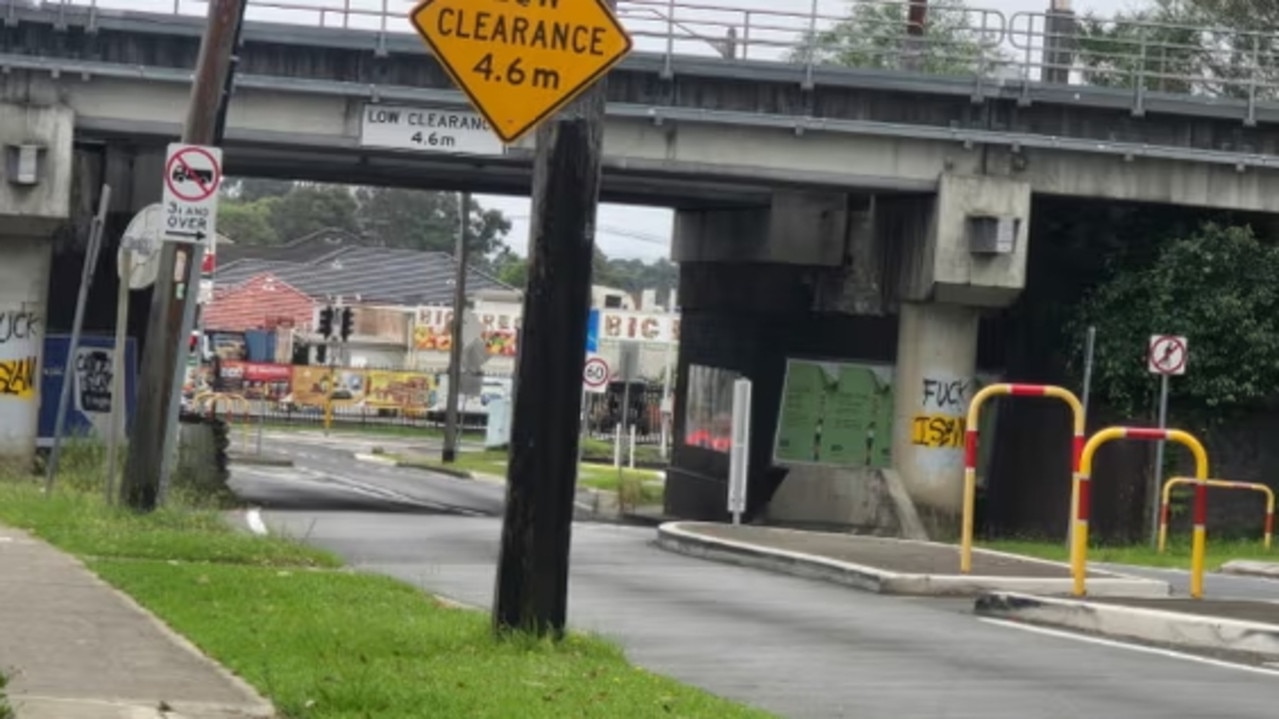Islamophobia a ‘hidden cancer’ undermining social cohesion, envoy says
A grim warning has been issued after Islamophobic graffiti appeared in a Western Sydney suburb over the weekend.
Islamophobia is a “hidden cancer” undermining Australia’s social cohesion, the country’s Islamophobia envoy says after hateful graffiti appeared in a Western Sydney suburb with a large Muslim population over the weekend.
NSW Police confirmed on Monday it was investigating after “F**k Islam” and “Cancel Islam” were spray-painted onto an underpass in Chester Hill.
Anthony Albanese appointed Aftab Malik Islamophobia envoy in September amid severe social friction stemming from the war in Gaza.
Mr Malik on Tuesday condemned the graffiti in Chester Hill, saying it crossed the line from “free speech to hate speech”.

“Those words have no place in a multicultural and multifaith Australia,” he told the ABC.
“Islamophobia is a hidden cancer that eats away at social cohesion … it hasn’t warranted or received a public outcry that many of us believe it should.”
Mr Malik said he was shocked by recent conversations he has had with members of the Islamic community across the country.
“From these consultations, everyone had a story about their brushes with Islamophobia, and that was genuinely a shock to me,” he said.

The Chester Hill graffiti came after cars were torched and anti-Semitic messages were scrawled onto buildings in an eastern Sydney suburb with a large Jewish population.
Earlier this month, a Melbourne synagogue was firebombed.
The Albanese government has set up a multi-agency taskforce to crack down on anti-Semitism in Australia.
Authorities have repeatedly warned against importing the conflict in the Middle East to Australia – a big ask when swathes of Australians have family members caught up in the fighting on both sides.
Israel’s war against Islamist militants in Gaza has killed north of 40,000 people and destroyed most of the Palestinian territory’s buildings.
With aid supplies reduced to a trickle, famine and disease run rampant.
The military action was sparked by Hamas’ brutal October 7 terrorist attack last year that killed more than 1200 people, including entire families.
Witnesses detailed horrific acts of torture in the attack.
Hamas’ leadership has vowed to repeat the assault if given the chance.



